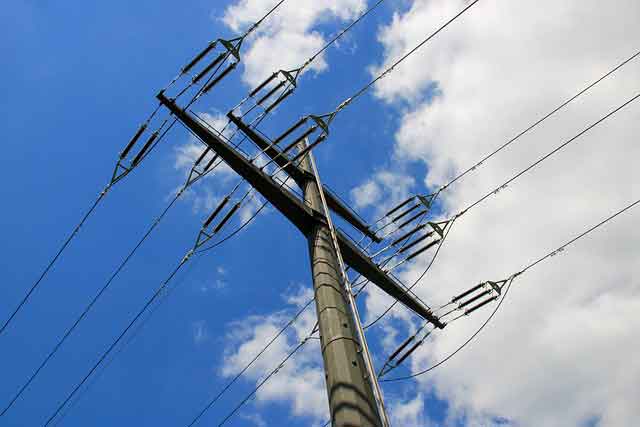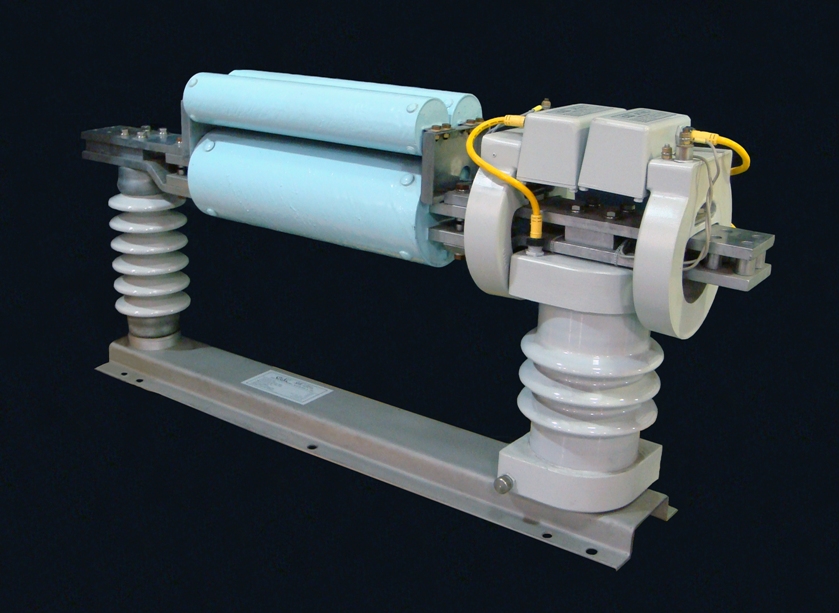The Rise of Data Centers in Alberta

NFPA 70e Training
Our customized live online or in‑person group training can be delivered to your staff at your location.

- Live Online
- 6 hours Instructor-led
- Group Training Available
Alberta Data Centers fuel the digital economy with cloud computing, AI, and streaming, leveraging renewable energy and low-cost power; yet grid capacity, sustainability, efficient cooling, and regulatory frameworks remain critical considerations for reliable growth.
Key Points
Alberta facilities for cloud, AI, and digital services, balancing energy demand, renewable power, and grid reliability.
✅ Low electricity costs and renewables attract hyperscale builds
✅ Grid upgrades needed to meet rising, 24/7 workloads and cooling
✅ Workforce training aligns with IT, HVAC, and electrical roles
As Alberta continues to evolve its energy landscape, the recent surge in data center projects is making headlines. With companies investing heavily in this sector, Alberta is positioning itself as a key player in the digital economy. This trend, however, brings both opportunities and challenges that need careful consideration.
The Digital Economy Boom
Data centers are essential for supporting the growing demands of the digital economy, which includes everything from cloud computing to streaming services and artificial intelligence. As businesses increasingly rely on digital infrastructure, the need for reliable and efficient data centers has skyrocketed. Alberta has become an attractive destination for these facilities due to its relatively low electricity costs, abundant renewable energy resources, and favorable regulatory environment, according to a 2023 clean grids outlook that highlighted the province.
The influx of major tech companies establishing data centers in Alberta not only promises job creation but also contributes to the provincial economy. With investments pouring in, local businesses may see increased opportunities for partnerships, supplies, and services, ultimately benefiting the broader economic landscape, though proposed market changes could influence procurement and siting decisions.
Energy Demand and Infrastructure
While the growth of data centers can drive economic benefits, it also raises important questions about energy demand and infrastructure capacity, questions that have intensified since Kenney-era electricity changes in the sector. Data centers are energy-intensive, often requiring significant amounts of electricity to operate and cool their servers. As these facilities multiply, they will place additional pressure on Alberta's power grid.
The province has made strides in transitioning to renewable energy sources, with a defined path to clean electricity that aligns well with the goals of many data center operators seeking to reduce their carbon footprint. However, the challenge lies in ensuring that the electricity grid can meet the increasing demand without compromising reliability. The integration of more renewable energy into the grid requires careful planning and investment in infrastructure to handle variable supply and maintain a stable energy flow.
Environmental Concerns
The environmental implications of expanding data centers are also a point of concern. While many tech companies prioritize sustainability and aim for carbon neutrality, the reality is that increased energy consumption can contribute to greenhouse gas emissions if not managed properly, especially when regional export restrictions constrain low-carbon power flows. Alberta’s reliance on fossil fuels for a significant portion of its energy supply raises questions about how these data centers will impact the province's climate goals.
To address these concerns, there is a need for policies that encourage the use of renewable energy sources specifically for data center operations. Incentives for companies to invest in green technologies, such as energy-efficient cooling systems or on-site renewable energy generation, could help mitigate the environmental impact.
Workforce Development
Another critical aspect of this data center boom is the potential for job creation. Data centers require a range of skilled workers, from IT professionals to engineers and maintenance staff. However, there is a pressing need for workforce development initiatives to ensure that Albertans are equipped with the necessary skills to fill these roles.
Educational institutions and training programs must adapt to the changing demands of the job market. Collaborations between tech companies and local colleges can foster specialized training programs that prepare workers for careers in this evolving sector. By investing in workforce development, Alberta can maximize the benefits of data center growth while ensuring that its residents are prepared for the jobs of the future.
The Future of Alberta's Data Center Landscape
Looking ahead, Alberta’s data center landscape is poised for continued growth. The province's commitment to diversifying its economy, coupled with its abundant energy resources, makes it an appealing choice for tech companies. However, as the industry expands, careful consideration must be given to energy management, environmental impact, and workforce readiness, especially as Alberta changes how it produces and pays for electricity.
Regulatory frameworks will play a crucial role in shaping the future of data centers in Alberta, as the province pursues a market overhaul that could affect costs and reliability. Policymakers will need to balance the interests of businesses, environmental concerns, and the need for a reliable energy supply. By creating a supportive environment for innovation while addressing these challenges, Alberta can emerge as a leader in the digital economy.
The rise of data centers in Alberta marks an exciting chapter in the province's economic evolution. With the potential for job creation, technological advancement, and economic diversification, the opportunities are significant. However, it is essential to navigate the associated challenges thoughtfully. By prioritizing sustainability, infrastructure investment, and workforce development, Alberta can harness the full potential of this burgeoning sector, positioning itself as a key player in the global digital landscape.















